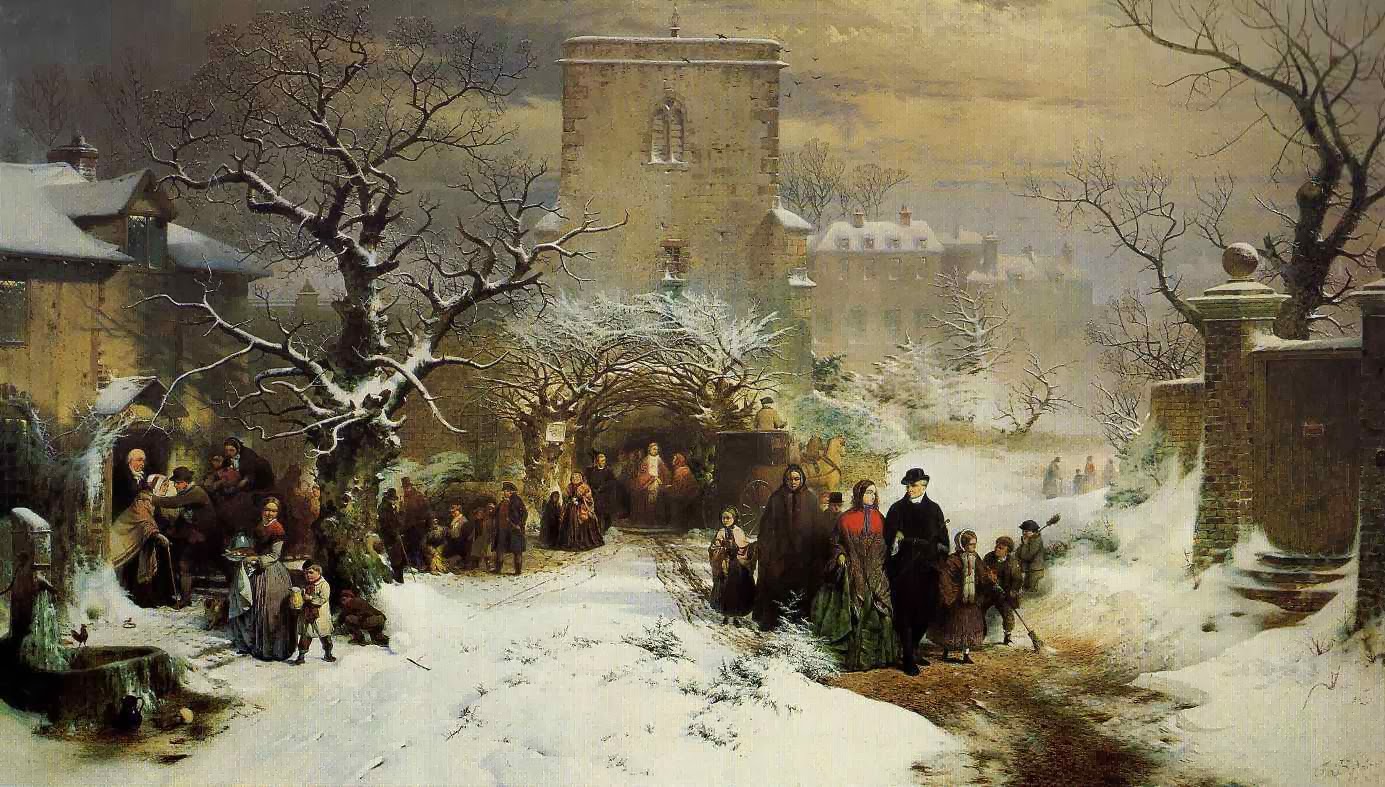Here’s another by the great Braddon (see Novels 004, 061). Like most of her novels it is engrossingly plotted and cleverly phrased—and was dismissively reviewed.
“As good a specimen of the marketable ladies’ novel as could be found. Further than that it does not go. There is no genius, or poetry, or high feeling, or delicate painting, or subtle observation in it. But for a professional work, as a piece of composition, to be sold by a woman for a certain sum of money, it is masterly; and we invite all that great army of female stragglers in the battle of life who wish to carry the literary flag triumphantly, to read the book carefully, and observe how much a woman must bring with her to the ball if she wants to write like Miss Braddon. In the first place, the English . . . is wonderfully good. . . . The make of the sentences and the choice of words, the easiness with which the sense is conveyed which the author wishes to convey, and the absence of all that is awkward and ponderous, are sufficient to satisfy the exigencies of the most rigid criticism. Then the plot . . . of the book is most exciting. We are kept at the topmost pitch for as long as possible. . . . Then Miss Braddon . . . knows all about men and their ways. . . . The book . . . impresses us, before we have finished it, not only with a sense of the great powers of the authoress . . . but also with a conviction that she has a vein of feeling higher than the world of . . . tobacco, and brandy-and-water and that this feeling is perfectly genuine and unaffected.” Saturday Review, January 31, 1863
“There are touches of humour and pathos which we look for in vain in Miss Braddon’s former work, and often an elevation of thought which would have accorded better with a loftier subject”; “If we have failed to convey a very favourable impression of her last effort, it is not because we deny Miss Braddon’s talent as a writer, but because we regret to see it employed on so unlovely a theme,” one which may have “an insidious effect” on the minds of readers. London Review, February 14, 1863
Download this week’s novel:
v.1 https://archive.org/details/aurorafloyd01brad/
v.2 https://archive.org/details/aurorafloyd02brad/
v.3 https://archive.org/details/aurorafloyd03brad/


























